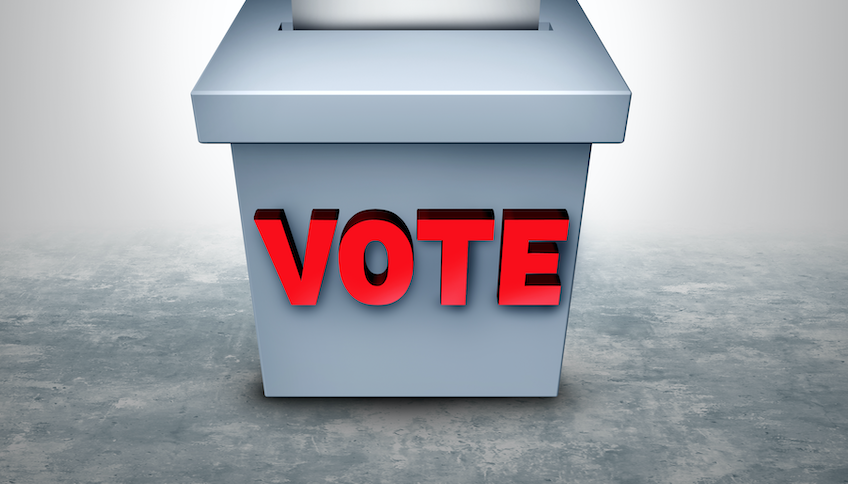A new court ruling could give a single elector the power to decide the result of a presidential election if the popular vote ends up in a tie, set to be determined by the Electoral College.
This past Tuesday evening, a federal appeals court ruled that presidential electors who cast the ballots for president and vice president are now able to vote how they’d like and will not be required to go along with the results of the popular vote in their states, NBC News reports.
With this new decision, a single elector would have the power to decide the outcome of a presidential election. “This issue could be a ticking time bomb in our divided politics. It’s not hard to imagine how a single faithless elector, voting differently than his or her state did, could swing a close presidential election,” said Mark Murray, NBC News senior political editor.
In American history, when an elector refused to follow the results of a state’s popular vote, the state would throw the elector’s ballot out. However, Tuesday’s ruling will completely turn that around. The decision was mage be a three-judge panel of the 10th U.S. Circuit Court of Appeals in Denver. The new law is a win for 2016 Colorado Democratic elector, Micheal Baca, who under state law was required to cast his ballot for Hillary Clinton, who won the state’s popular vote. Baca had crossed out her name and wrote in John Kasich, Republican and then the governor of Ohio. Clinton won the state in a 2-1 decision after Baca’s vote was thrown out and the secretary of state removed him as an elector. Another elector was then brought in who voted for Clinton.
he appeals court said the nullification of Baca’s vote was unconstitutional. According to NBC News, when voters go to the polls in presidential races, they actually cast their votes for a slate of electors chosen by the political parties of the nominees. States are free to choose their electors; however, they like. When the electors are chosen and report in December to cast their votes as members of the Electoral College, they are following through with a federal function, and the state’s authority is no longer valid.
“The states’ power to appoint electors does not include the power to remove them or nullify their votes,” the court said. Legal scholars said Tuesday’s ruling was the first from a federal appeals court on the issue of faithless electors. It applies immediately to the six states of the 10th Circuit: Colorado, Utah, Wyoming, Kansas, Oklahoma and New Mexico.



